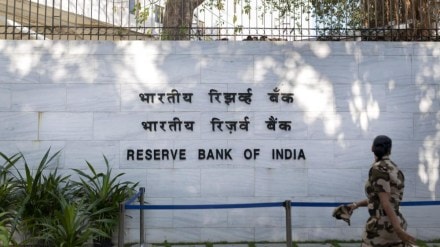The Reserve Bank of India on Monday released revised rules for deposit-taking housing finance companies (HFCs), requiring them to maintain 15% liquid assets against public deposits held by them in a phased manner, up from 13% at present.
The new rules, which will be applicable from January 1, are aimed at bringing deposit-taking HFCs on par with non-banking financial companies (NBFCs), the central bank said.
“Currently, HFCs accepting public deposits are subject to more relaxed prudential parameters on deposit acceptance as compared to NBFCs,” said the RBI in a notification. “Since the regulatory concerns associated with deposit acceptance are same across all categories of NBFCs, it has been decided to move HFCs towards the regulatory regime on deposit acceptance as applicable to deposit-taking NBFCs,” it said.
New regulations also said HFCs shall ensure that the full asset cover is available for public deposits accepted by them at all times. They will have to inform the National Housing Bank in case the above asset cover falls short of the liability on account of public deposits.
The RBI has announced that public deposits accepted or renewed by HFCs must be repayable within a period of 12-60 months. Existing deposits with maturities longer than 60 months can be repaid according to their current repayment schedule. At present, HFCs are permitted to accept or renew public deposits that are repayable after 12 months, but not exceeding 120 months from the date of acceptance or renewal.
The RBI said regulations for NBFCs with regard to branches and appointment of agents to collect deposits will also apply to deposit-taking HFCs. Similar to NBFCs, HFCs will be permitted to hedge the risks associated with their operations and issue co-branded credit cards.
To manage their underlying exposures, the RBI has now authorised HFCs to participate in currency futures exchanges. “Non-deposit-taking HFCs with an asset size of Rs 1,000 crore and above can participate in currency options exchanges subject to guidelines issued in the matter by the foreign exchange department of the Reserve Bank and necessary disclosures in balance sheet in accordance with guidelines issued by Sebi,” said the notification.
As per the revised rules, deposit-taking HFCs must fix board-approved internal limits separately within the limit of direct investment for investments in unquoted shares of another company, which is not a subsidiary or a group company.
